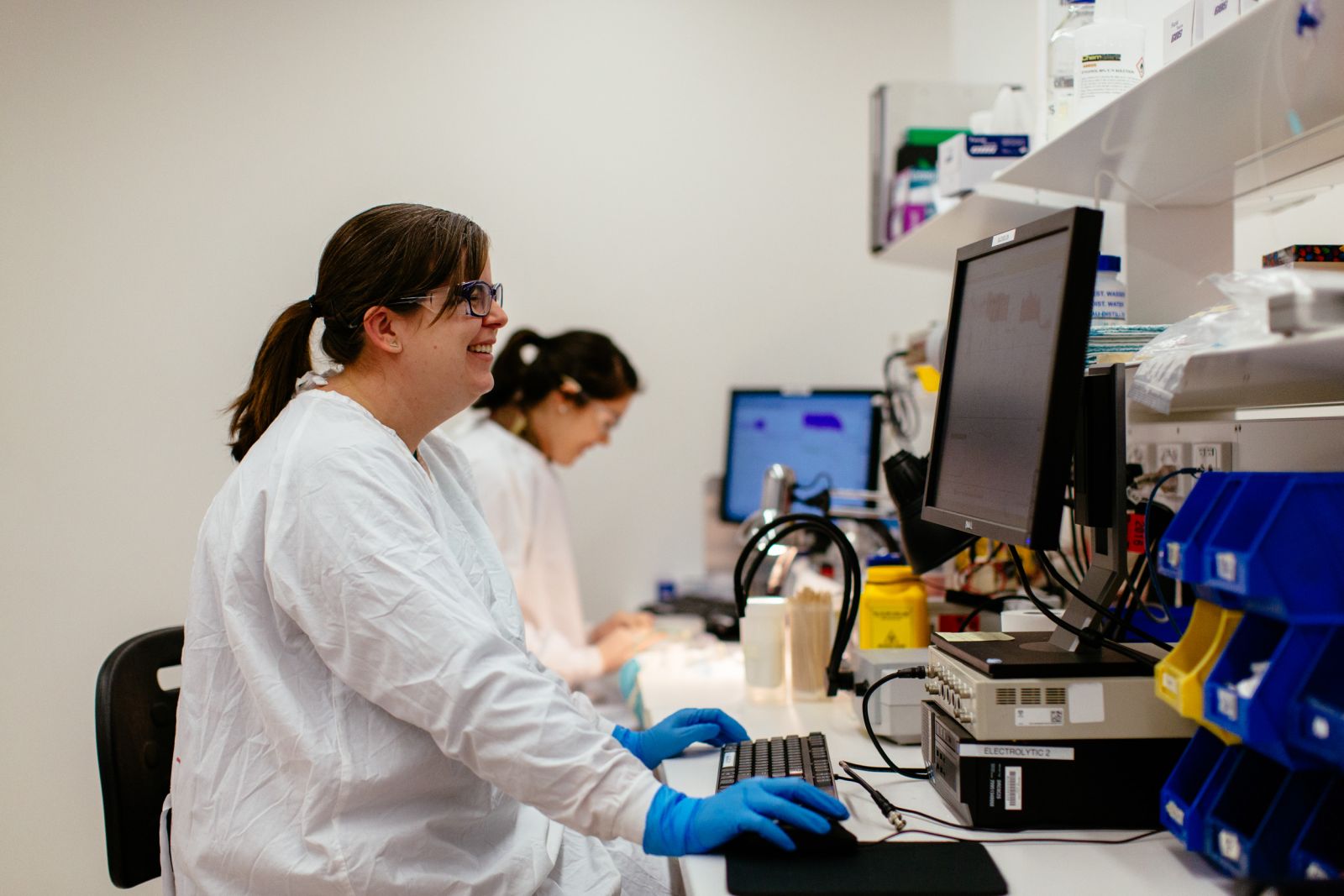
EMCR Forum interview with Amelia Tomkins
Postdoctoral Scientist and Conjoint Associate Lecturer
@AmeliaTomkins
https://www.hri.org.au/our-research/staff/dr-amelia-tomkins

I am a postdoctoral researcher at the Heart Research Institute (HRI), based at the Charles Perkins Centre at the University of Sydney. I specialise in animal models of stroke and thrombosis. Working within the thrombosis research group, I explore cerebral thrombosis and therapeutic strategies to improve thrombolysis for stroke.
For me, this was a real case of serendipity. Unsure of where I wanted to go with my career at the end of my biomedical science degree, I had intended to get casual work to earn money and then travel a bit before committing to honours and a PhD. I had a casual job towards the end of undergrad doing histology work for a research lab at the University of Newcastle. One of the researchers in this group told me of a research assistant position being advertised in the translational stroke group. I applied for the position and I guess you could say the rest is history! I worked as a research assistant and then completed my honours and PhD with the same group, learning and developing animal models of stroke and thrombosis for the testing of novel thrombolytics. This work set me in good stead for the transition into the thrombosis group at HRI after my PhD.
Most researchers would say that the biggest challenge of this career path is funding and the instability of the job. As an academically minded person, you grow up being congratulated and awarded for your academic successes. But now you’re in a world of individuals just like you—and you’re competing against the best of the best. It can be challenging to stay positive and enthusiastic when you get rejection after rejection. To counteract this, I always endeavour to celebrate my successes. A successful grant, an accepted paper, an unexpected and exciting experiment result—all need celebrating.
For me, the thrill of running an experiment and finding something unusual or confirming a hypothesis is the greatest part of this work. We had a catchphrase in my PhD lab, where everything was a ‘world first’—because it really is! The joy is knowing that what you are doing, no one’s done before—you’re answering questions that no one has answered; you’re discovering phenomena that no one has identified before and ultimately you are contributing to improving the understanding of health conditions and the development of improved therapies for patients.
It is very diverse. Some days I will spend all day in the lab. Other days I’ll be at my desk, collating data, reading articles, writing grant or ethics applications or paper drafts. And some days, it’s a combination of both. My weeks also include lab meetings and seminars, and occasionally there are workshops that I attend to increase my skill sets.
I think most of the following could be applied to any career. But if I consider the advice I would give myself, looking back to when I began my research career or the lessons I’ve learnt along the way, these would be the main points:
© 2025 Australian Academy of Science